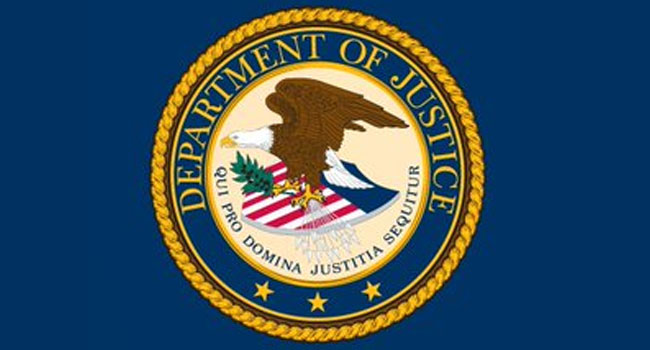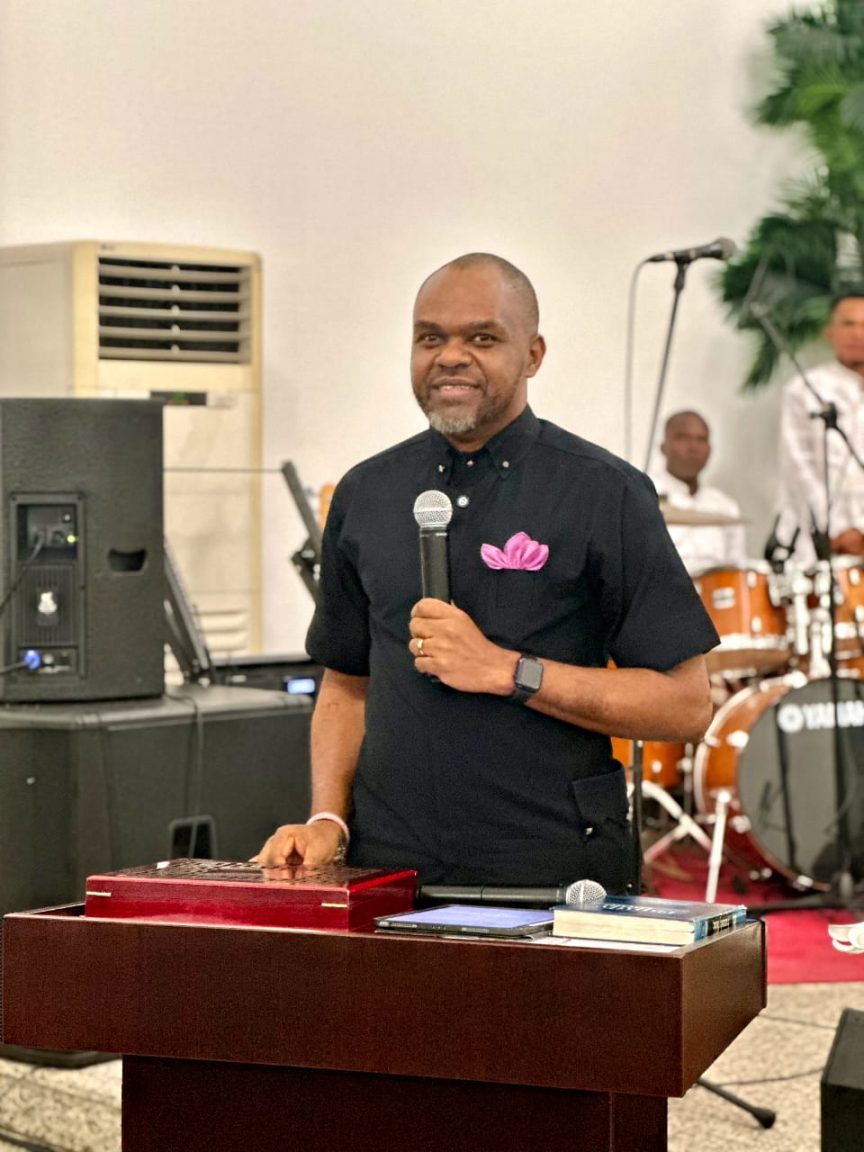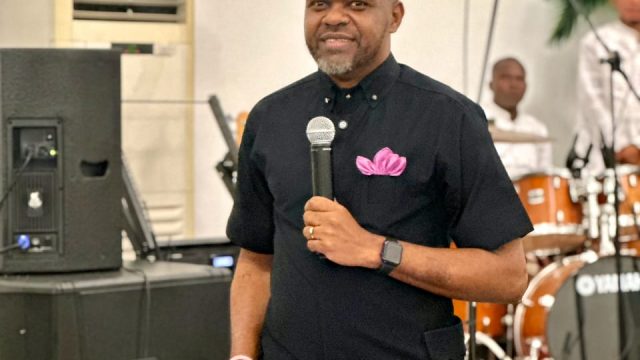
Before now, drug and substance abuse was rampant among few hoodlums on the streets and also done in hidden places, but the current situation is not the same, as there is practically no major city in Nigeria that does not have hideouts, joints, clubs or ram-shackles where the youths visit to buy or use drugs of different descriptions to feel good.
More worrisome is the fact that drugs are now done in the open without fear of being seen or caught, whether by their parents, elderly ones, religious leaders, teachers or law enforcement agencies. Drugs are now everywhere; there is hardly any tertiary institution or even the primary and secondary schools that are free of drug abusers.
[ad]
Experts have expressed worry that this may lead to an irreversible lethal consequence on the youths, who occupy the larger percentage of the country’s population, if not addressed on time, adding that the upsurge is rapidly destroying the future of the country, as many young promising lives are destroyed to drugs daily.
However, before 2013, Nigeria was considered only as a transit nation for illicit drugs, but is currently recognised internationally as user nation.
Some of these drugs and substances commonly abused among youths in the country include but not limited to prescription drugs, such as Benzodiazepines, barbiturates, Methadone, oxycodone, Tramadol, codeine, Morphine among other; chemicals and illegal drugs such as cannabis or marijuana, opiates, heroine.
Others include, stimulants, such as methamphetamines and cocaine as well as hallucinogens.
More surprising is that substance abuse has taken another level in the country as the abusers engage in smoking lizard dung, inhaling dry faeces, mixing bleach with soft drinks, among other mysterious deeds, just for the following purposes, such as to derive pleasure, feel or perform better in certain situations, or to change one’s perception of reality.
Although, it was reported that about three million codeine containing cough syrups are consumed daily in Kano and about six million bottles in the Northwest region of Nigeria, the current 2018 National Survey on Drug Use in Nigeria, recently presented by the federal government in Abuja shows that 14.3 million people, representing approximately 14.4 per cent of the country’s population, between the ages of 15 and 64 abuse drugs and substances in the past one year.
[ad]
Stating the figures at the MTN Foundation’s Anti Substance Abuse Programme (ASAP) roundtable on multi sectoral approach in curbing substance abuse in Nigeria and the need for intensified collaborative action, which was held in Lagos on Thursday, the Commissioner for Health, Lagos State, Dr. Jide Idris said the situation is worst than the statistics reveal.
He said the survey also shows that the menace of drug abuse was more prominent in the Southwest, with Lagos and Oyo state taking the lead, as the former has about 22.5 per cent of the 14.3 million drug users.
Idris said the South-south came second, the Southeast third, while the North central last, adding that the survey also revealed that the number of drug users in Nigeria in the previous year was very high than international standards, of approximately 14.3 million people, which means that the prevalence of drug abuse in the country is more than twice the global average of 5.6 per cent.
The consequences of drug and substance abuse are varied and devastating for the individuals involved, the family, nation and the international community.
According to the commissioner, the medical problems associated with drug abuse include, mental disorder, liver cirrhosis, lethargy, irritability, cardio-vascular disorders, cancer, Human Immunodeficiency Virus / Acquired Immune Deficiency Syndrome, Hepatitis B and C among others, while the social consequences are numerous, such as school dropout, cultism, violence, armed robbery, lawlessness, cultural disorientation, rape, assassinations, loss of productivity, among others.
[ad]
He noted that the financial cost to the nations economy is huge, which he stressed needs adequate funding from the government to strengthen the health and education sector in order to eliminate the scourge.
In his remark, the Commissioner for Youth and Social Development, Lagos State, Agboola Dabiri, stressed that substance abuse globally and in Nigeria, specifically, has taken a new dimension, which calls for deliberate and sustainable actions, adding that the issue of drug abuse is no longer on the roads; but now within our homes.
Dabiri said drug abuse is a major problem in Lagos and it is biting so hard, noting that for every 10 homes “you must have one person involved in drug abuse.”
He stressed that abusers don’t hide in secret to take drugs anymore, but rather do it in the open, which is the challenge the country is having.
The commissioner revealed that the rehabilitation homes across the state are congested because of the rising number of drug addicts brought in on a daily basis, which comprises students of tertiary institutions.
He said the issue of substance abuse among Nigerian youth requires cooperative efforts with all stakeholders and all sectors to respond to the scourge.
Although, the Senate had conducted public hearing on the issue and existing laws are being reviewed, with new ones crafted to combat the present and future danger associated with drug and substance abuse.
Also, the Minister of Health had set up a committee to investigate measures to take to reduce or totally eliminate access to some of the drugs that are being abused. Some organisations, like the MTN Nigeria have also initiated the ASAP intervention to help the society combat the problem.
[ad]
This is in line with the multi-dimensional approach recommended to combat this resurgent menace, as MTN Foundation brought stakeholders to chart way forward at the forum held in Lagos, which had in attendance partners including, United Nations Office on Drugs and Crime (UNODC), National Drug Law Enforcement Agency (NDLEA); Nigeria Police Force, Pharmaceutical Society of Nigeria (PSN); Association of Community Pharmacists of Nigeria (ACPN); Christ Against Drug Abuse Ministry (CADAM); Federation of Muslim Women’s Associations in Nigeria (FOMWAN), and Global Initiative On Substance Abuse (GISA) among others.
Speaking at the forum, the Chairman, MTN Foundation, Prince Julius Adelusi-Adeluyi, explained that the purpose of the campaign is to stimulate discourse among thought leaders, policy makers and leaders from different walks of life, to bring everyone much closer towards its goal of freeing “our future leaders from the evil attraction of drugs and possible addiction to opioids.”
The forum also had panel sessions with stakeholders who proposed engagement of the family, community, religious groups, youth groups, industries and government to combat the menace.
The panelists stressed that parents should monitor their children and their activities, while the government must ensure that the drug distribution system is sanitised and access to dangerous drugs is severely restricted, noting that everybody involved in handling of drugs must be brought under regulatory control.
They stressed that the economy must be stimulated to provide jobs for the unemployed and the teeming population joining the labour market every year.
Also, an alternative means of engagement such as sports, empowerment and other recreational activities must be provided to take the youths out of the street.
The panelists added that everybody must be involved in the efforts to educate the youths and limit the availability of drugs to professionals only, while they task the pharmaceutical industry, comprising the manufacturers, importers, distributors and retailers to have a big role to play and must be extra vigilant in the handling of sensitive drugs that are prone to abuse by youths.
Explaining further, the ASAP intervention, the Executive Secretary, MTN Foundation, Nonny Ugboma said the state activations, which started with various activities in primary and secondary schools, motor parks, and markets, will continue with an advocacy walk that will culminate in counselling sessions for all interested persons.
She, however, said a replication of all the activities under the ASAP initiative will be in five other states – Imo, Rivers, Kano, Bauchi and Abuja in the coming months, as the overall objective is to take the initiative to the streets of Nigeria and meet the youth in their comfort zones.
[ad unit=2]


















